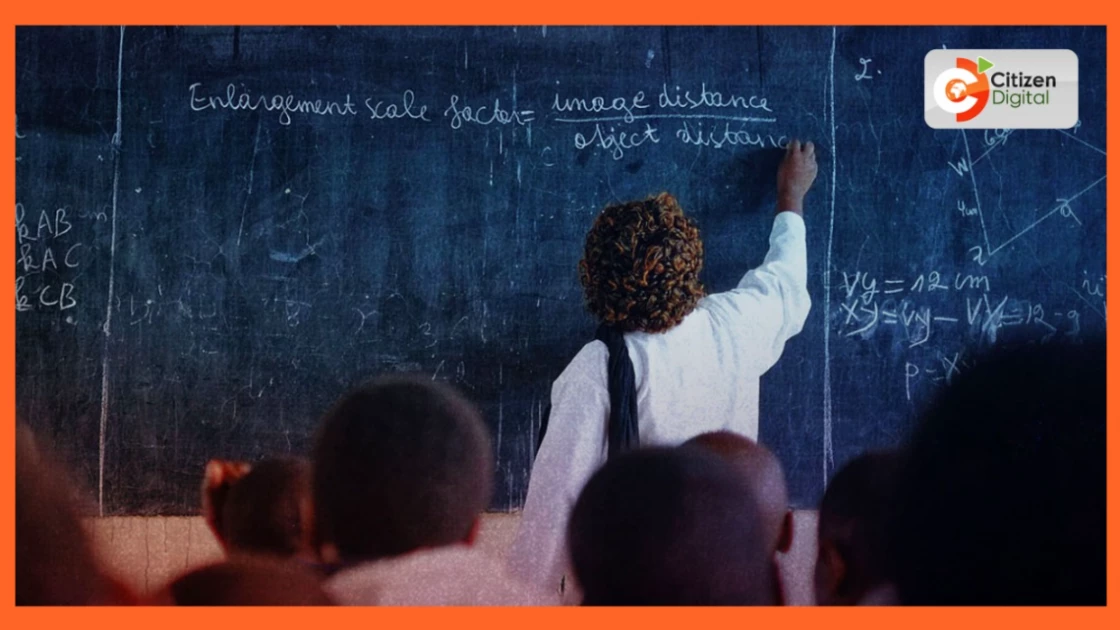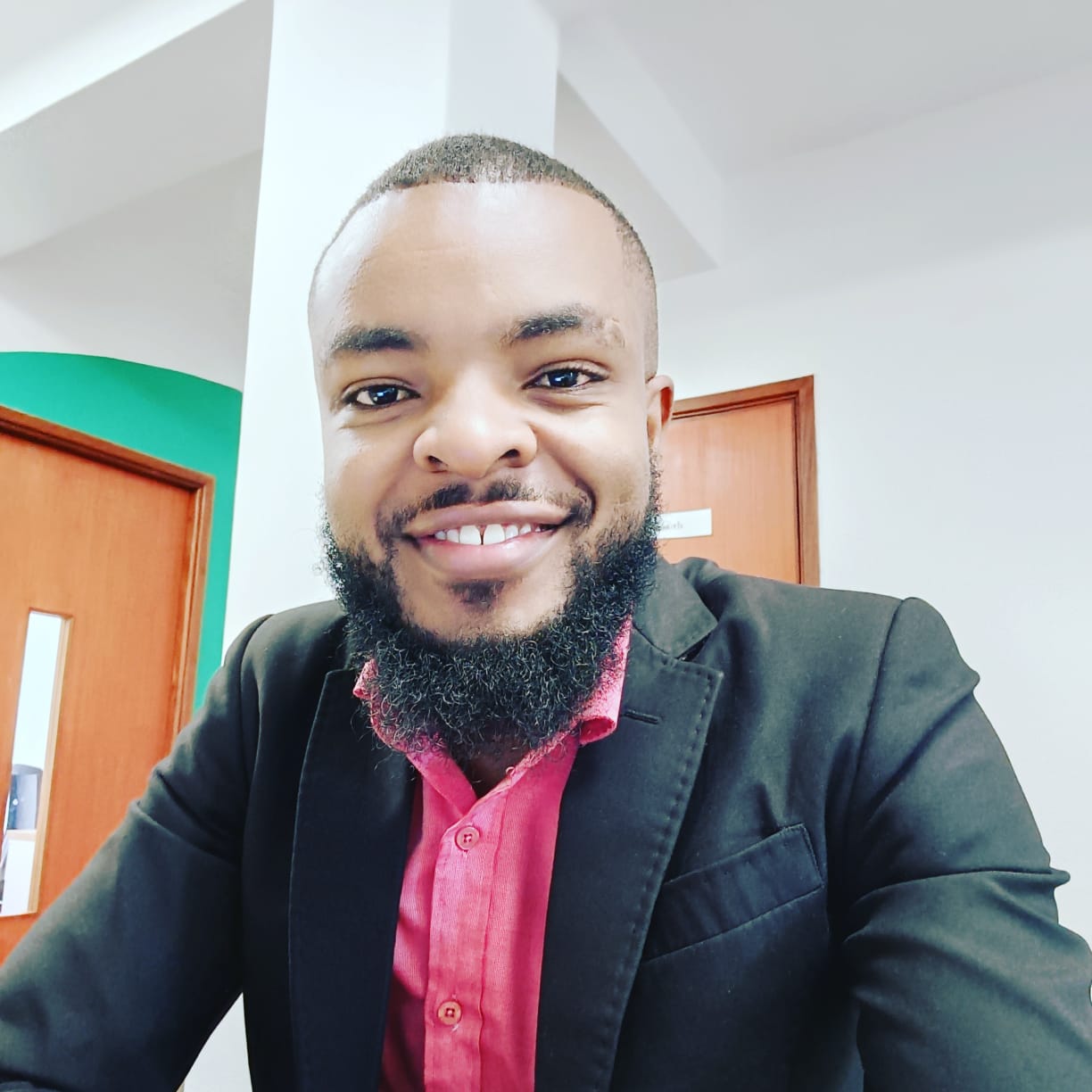International Day of Education: Addressing the challenge of 'Learning Poverty'

Unfortunately, nearly 90% of 10-year-olds in Sub-Saharan Africa fall into this category, according to a study by the World Bank. This is not just a tragedy; it’s a massive barrier to opportunity, equality, and growth.
On this International Day of Education, it’s important to reflect on the global challenge of learning poverty and the steps we can take to overcome it. Governments, educators, and communities must collaborate to ensure that every child, regardless of their background, has access to quality education that addresses both their academic and personal development needs.
However, innovative educational approaches are beginning to address this gap. One such example is the work of Bridge Academies Foundation, which focuses on foundational literacy and numeracy to help children, particularly those from underserved communities, gain critical skills needed for success both in school and later in life.
By focusing on foundational literacy and numeracy, Bridge is helping children, especially those from underserved communities, gain the skills they need to succeed in school and in life.
The Learning Poverty Crisis: A Global Challenge
The World Bank’s State of Global Learning Poverty: 2022 Update paints a sobering picture of the global education landscape. The report calls for urgent action, emphasizing the need to prioritize core skills such as literacy, numeracy, and socio-emotional development, particularly in the early years of schooling. These early grades are critical, as they lay the foundation for all future learning.
As highlighted in the report, post-COVID recovery efforts must focus on accelerating learning outcomes and closing the gaps that have been exacerbated by the pandemic. The RAPID framework, developed by the World Bank, focuses on improving learning outcomes through a combination of remedial interventions, accelerated learning, and targeted efforts to support the most vulnerable learners.
Bridge Methodology: Technology and Support to Close the Gap
One of the key factors behind the success of Bridge is the integration of technology into the classroom.
Teachers are equipped with tablets that contain pre-planned lessons and teacher guides, streamlining lesson preparation and enabling teachers to focus on student engagement. This standardized approach to teaching has proven effective in ensuring that lessons are delivered consistently and effectively.
Additionally, there is the use of remote monitoring systems that allow administrators to track student progress and identify learning gaps in real time. This proactive approach ensures that support can be offered promptly, preventing students from falling behind. The use of technology, such as the Let’s Mark digital scanner, has revolutionized assessment.
This tool allows assessments to be graded and feedback provided to students on the same day, creating an efficient and responsive learning environment.
The Impact on Long-Term Educational Outcomes
The impact of these educational innovations goes beyond just test scores. Studies show that students in schools that focus on foundational skills and personalized learning are not only more likely to pass secondary school exams, but they are also better prepared to succeed in the workforce.
Moreover, education models that emphasize non-cognitive skills—such as creativity, confidence, and organizational ability—help foster well-rounded individuals. Research indicates that children from the poorest households, even those without basic amenities like electricity or sanitation, have shown the largest learning gains when given targeted support and quality education.
According to a World Bank report Transforming Education for Inclusive Growth”, providing universal basic education that ensures thorough foundational learning could lead to higher productivity and double the Gross Domestic Product (GDP) per capita by 2050.
For individuals, an extra year of education boosts incomes by 12.4% in sub-Saharan Africa compared to 10% globally. The gains are even higher for women who get a 14.5% boost in income.
A Path to a Brighter Future
Tackling learning poverty requires a collective effort. Governments, educators, and communities must work together to ensure that every child has access to quality education. The lessons from Bridge provide a roadmap for achieving this goal, proving that with the right support, resources, and commitment, we can overcome the challenges of learning poverty and empower future generations to thrive.
As the World Bank’s report highlights, prioritizing fundamental education and addressing learning gaps is crucial. By doing so, we can create a more equitable and prosperous future for all children.
Want to send us a story? SMS to 25170 or WhatsApp 0743570000 or Submit on Citizen Digital or email wananchi@royalmedia.co.ke
Comments
No comments yet.



Leave a Comment